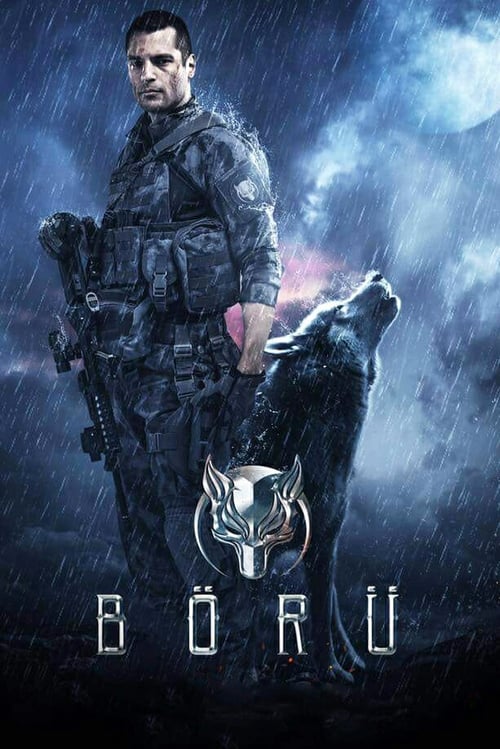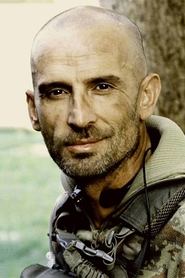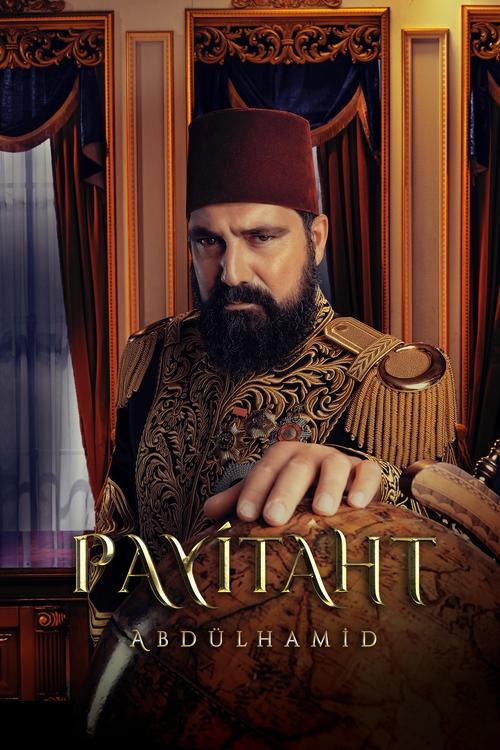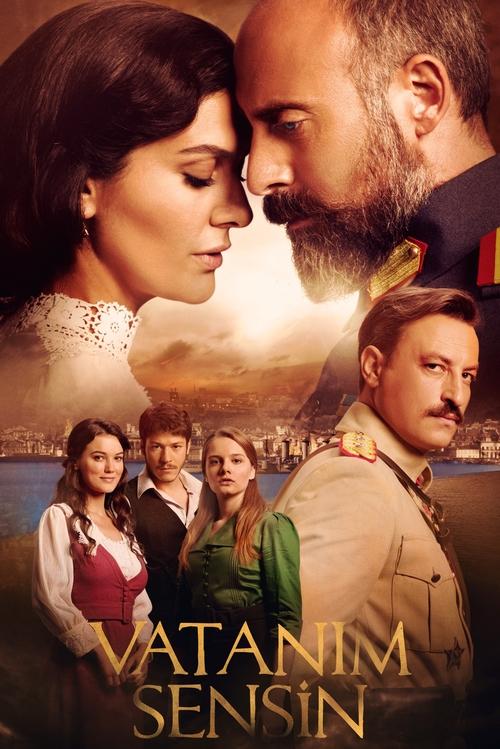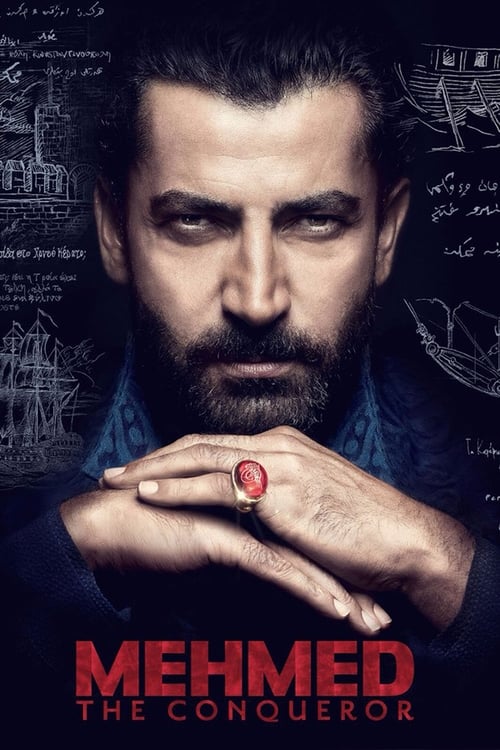
Ask Your Own Question
What is the plot?
In the opening scene of "Wolf," we are introduced to the protagonist, a young man named K, who is living in a dystopian society where people are categorized based on their perceived worth. K is shown struggling with his identity and the oppressive system that dictates his life. He works in a factory, performing monotonous tasks, and is haunted by dreams of a wolf, which symbolizes his desire for freedom and a more primal existence.
As the story progresses, K discovers a hidden community of individuals who have rejected the societal norms. This group, known as the "Wolf Pack," lives in the forest and embraces their animalistic instincts. K is drawn to their way of life and begins to question the values he has been taught. He meets a charismatic leader of the pack, who encourages him to embrace his true self and abandon the constraints of society.
K's internal conflict intensifies as he grapples with the choice between staying in the safety of the factory life or joining the Wolf Pack. He witnesses the harsh realities of the outside world, including the brutal treatment of those who do not conform. This motivates him to take a leap of faith and leave his old life behind, seeking acceptance and belonging among the wolves.
The turning point occurs when K participates in a ritual with the Wolf Pack, which involves a transformative experience that deepens his connection to the group. During this ritual, he confronts his fears and insecurities, emerging with a newfound sense of purpose. However, this decision also puts him at odds with his former life, leading to a confrontation with the authorities who seek to maintain control over the population.
As tensions rise, K's former employer sends a team to capture the members of the Wolf Pack. A series of intense chase sequences ensue, showcasing K's struggle to protect his new family. The pack uses their knowledge of the forest to evade capture, but the authorities are relentless. K's loyalty is tested as he must decide whether to fight for the pack or save himself.
In a climactic showdown, K leads the Wolf Pack in a desperate attempt to fend off the authorities. The battle is fierce, with both sides suffering losses. K's leadership is put to the test as he strategizes their escape, using the terrain to their advantage. The fight culminates in a dramatic confrontation between K and the head of the authority, where K must confront his past and the person he has become.
After the battle, the surviving members of the Wolf Pack regroup and reflect on their losses. K is left with the weight of his decisions, grappling with the consequences of his choice to embrace his primal instincts. The film closes with K standing at the edge of the forest, looking back at the remnants of his old life, symbolizing his complete transformation and acceptance of his new identity as part of the Wolf Pack.
What is the ending?
In the ending of the TV show "Wolf," the main character, a young man named K, confronts the truth about his identity and the nature of the world he inhabits. After a series of intense confrontations and revelations, K ultimately chooses to embrace his true self, leading to a climactic showdown that resolves the central conflict. The story concludes with K finding a sense of belonging and purpose, while other characters face their own fates, some finding redemption and others facing dire consequences.
As the final episode unfolds, the scene opens in a dimly lit forest, where K stands alone, grappling with the weight of his choices. The air is thick with tension, and the rustling leaves seem to echo his inner turmoil. He recalls the journey that brought him here--the betrayals, the friendships, and the haunting memories of his past. K's face is a mixture of determination and fear as he prepares for the confrontation that will define his future.
The camera shifts to a nearby clearing, where the antagonist, a powerful figure who has manipulated K and others throughout the series, waits with a group of loyal followers. Their expressions are cold and calculating, reflecting their unwavering commitment to their cause. The leader taunts K, reminding him of his perceived weaknesses and the futility of his struggle. K's heart races, but he stands firm, fueled by the support of his friends who have gathered behind him, ready to fight for their beliefs.
As the confrontation escalates, the scene is filled with chaotic energy. K's friends engage in a fierce battle against the antagonist's followers, showcasing their skills and determination. The camera captures the intensity of the fight, with close-ups of K's face revealing his resolve as he fights not just for himself, but for those he loves. Each blow exchanged is a testament to their shared struggles and the bonds they have forged.
In a pivotal moment, K faces the antagonist one-on-one. The tension is palpable as they exchange words, each revealing their motivations and the pain that has driven them. K's voice trembles with emotion as he declares his refusal to be a pawn any longer. The antagonist, taken aback by K's newfound strength, underestimates him, leading to a fierce struggle. The fight is brutal, with both characters pushing their limits, but K's determination ultimately prevails. He overcomes the antagonist, symbolizing his triumph over the darkness that has plagued him.
As the dust settles, the aftermath of the battle reveals the fates of the main characters. K stands amidst the remnants of the conflict, breathing heavily but feeling a sense of liberation. His friends gather around him, their expressions a mix of relief and pride. They have fought together and emerged stronger, united by their shared experiences.
In a quieter moment, K reflects on his journey. He acknowledges the pain and loss he has endured but also recognizes the strength he has gained. The camera captures his face, now illuminated by a sense of hope and belonging. He has found his place in the world, no longer defined by the shadows of his past.
The final scene shifts to a serene landscape, where K and his friends walk together, their laughter echoing in the air. They are no longer just survivors; they are a family, bound by their struggles and victories. The screen fades to black, leaving the audience with a sense of closure and the understanding that while challenges may arise, the bonds of friendship and the courage to embrace one's true self can lead to a brighter future.
Is there a post-credit scene?
The TV show "Wolf," produced in 2018, does not feature a post-credit scene. The series concludes its narrative without any additional scenes after the credits roll, leaving the audience with a sense of closure regarding the characters and their arcs. The final moments of the last episode wrap up the main storyline, focusing on the emotional resolutions and the fates of the central characters, ensuring that viewers are left with a complete understanding of the narrative without the need for further scenes.
What motivates the main character, the Wolf, throughout the series?
The Wolf, whose real name is revealed to be a complex character named Alex, is driven by a deep-seated need for revenge against those who wronged him in his past. His motivations are rooted in a traumatic childhood experience that shapes his worldview and relationships. As the series progresses, his internal conflict between seeking vengeance and finding redemption becomes a central theme, leading to moments of intense emotional struggle.
How does the relationship between the Wolf and his mentor evolve?
The relationship between the Wolf and his mentor, a seasoned criminal named Viktor, begins as one of admiration and guidance. Viktor sees potential in Alex and takes him under his wing, teaching him the ways of the underworld. However, as Alex grows more independent and begins to question Viktor's methods, their relationship becomes strained. This tension culminates in a pivotal scene where Alex confronts Viktor about his moral choices, leading to a dramatic fallout that forces Alex to redefine his own path.
What role does the character of Mia play in the Wolf's journey?
Mia, a strong-willed journalist, becomes a crucial figure in the Wolf's life as she represents both a potential ally and a romantic interest. Initially, she is unaware of Alex's darker side, but as she uncovers the truth about his past, her feelings become conflicted. Mia's determination to expose corruption and seek justice parallels Alex's quest for revenge, creating a complex dynamic where love and betrayal intertwine. Her character challenges Alex to confront his choices and consider the impact of his actions on others.
What are the key events that lead to the Wolf's ultimate confrontation with his enemies?
The key events leading to the Wolf's confrontation with his enemies include a series of escalating conflicts that reveal the depth of his enemies' betrayal. After discovering that his childhood friend, who he believed was dead, is alive and involved with the very people he seeks revenge against, Alex's resolve intensifies. This revelation triggers a chain reaction of violent encounters, strategic alliances, and moral dilemmas, culminating in a high-stakes showdown that tests his limits and forces him to confront the consequences of his quest for vengeance.
How does the Wolf's past influence his decisions in the present?
The Wolf's past is a haunting presence that influences his every decision throughout the series. Flashbacks reveal a childhood marked by loss and betrayal, shaping his distrust of others and his inclination towards violence. These memories often surface during critical moments, causing him to grapple with feelings of guilt and anger. His past experiences drive him to make choices that are often reckless, as he struggles to break free from the cycle of revenge and find a sense of peace, ultimately impacting his relationships and his quest for identity.
Is this family friendly?
"Wolf," produced in 2018, is a drama that delves into themes of family, identity, and the struggles of adolescence. While it offers a compelling narrative, it does contain elements that may not be suitable for children or sensitive viewers.
-
Violence and Threats: There are scenes that depict physical confrontations and threats, which may be unsettling for younger audiences.
-
Emotional Turmoil: Characters experience intense emotional struggles, including feelings of isolation, betrayal, and loss, which could be distressing for sensitive viewers.
-
Family Conflict: The show explores complex family dynamics, including arguments and tension that may resonate negatively with some viewers.
-
Themes of Identity and Belonging: The exploration of identity can lead to moments of confusion and distress for characters, which might be challenging for younger viewers to process.
-
Mature Language: The dialogue includes strong language that may not be appropriate for children.
Overall, while "Wolf" presents a rich narrative, its emotional depth and some intense scenes may not be suitable for all audiences, particularly younger children or those who are sensitive to such themes.

